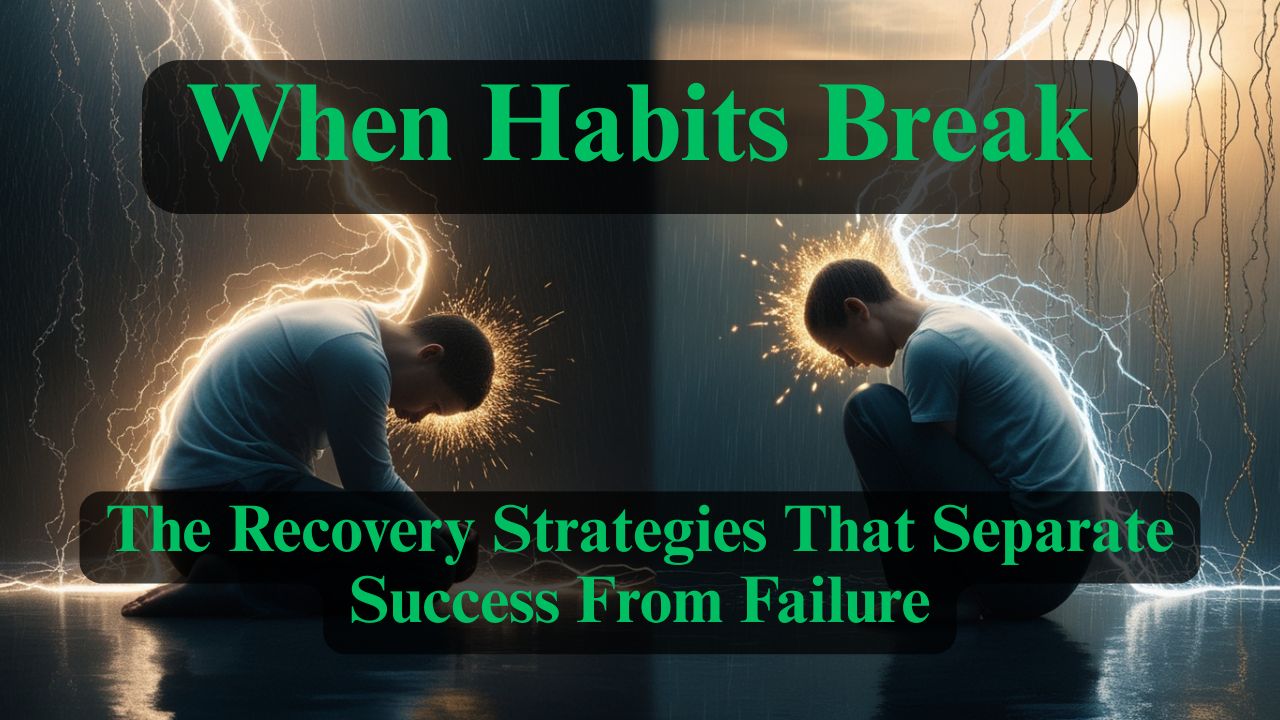Time Management: The Art of Taking Control of Your Day
Ever feel like there aren't enough hours in the day? You're not alone. Effective time management isn't about squeezing more tasks into your schedule – it's about making intentional choices with the time you have. Let's explore practical strategies to revolutionize how you manage your time.
Start With a Time Audit
Before you can improve your time management, you need to know where your time is actually going. For one week, track every activity in 30-minute blocks. You might be surprised to discover how much time is lost to:
- Unnecessary meetings
- Social media scrolling
- Multitasking
- Unplanned interruptions
The Power of Prioritization
Not all tasks are created equal. Use the Eisenhower Matrix to categorize your tasks:
Urgent & Important: Do immediately
Important but Not Urgent: Schedule it
Urgent but Not Important: Delegate if possible
Neither Urgent nor Important: Eliminate it
Time-Blocking: Your Secret Weapon
Instead of working from an endless to-do list, assign specific time blocks for different activities. This includes:
- Deep work sessions
- Email management
- Creative thinking
- Personal time
- Buffer time for unexpected issues
The 80/20 Rule in Action
Apply the Pareto Principle to your work: 20% of your efforts typically generate 80% of your results. Identify your high-impact activities and prioritize them during your peak energy hours.
Productivity Enhancers
Focus Sessions
Use the Pomodoro Technique: 25 minutes of focused work followed by a 5-minute break. This maintains high concentration while preventing burnout.
Energy Management
Map your tasks to your natural energy levels:
Morning: Complex problem-solving
Afternoon: Administrative tasks
Evening: Planning and review
Digital Minimalism
- Turn off notifications
- Check email at scheduled times
- Use website blockers during focus sessions
- Keep your phone in another room during deep work
The Art of Saying No
Time management often comes down to choice management. Learn to:
- Decline non-essential meetings
- Set clear boundaries
- Delegate effectively
- Avoid overcommitment
Common Time Traps to Avoid
Perfectionism
Set realistic quality standards. Not every task needs to be perfect – sometimes good enough is good enough.
Meeting Overload
- Question if you really need to attend
- Request an agenda beforehand
- Suggest shorter meeting times
- Stand-up meetings for quick updates
Multitasking Myth
Focus on one task at a time. Studies show multitasking can reduce productivity by up to 40%.
Creating Sustainable Systems
Morning Routine
Start your day with intention:
- Plan your top priorities
- Review your schedule
- Set realistic goals
Weekly Planning
Dedicate time every Sunday or Friday to:
- Review upcoming commitments
- Plan major tasks
- Identify potential challenges
- Schedule buffer time
The Power of Automation
Identify repetitive tasks that can be automated:
- Email templates
- Bill payments
- Social media posting
- Report generation
Measuring Success
Track these indicators to gauge improvement:
- Task completion rates
- Focus session duration
- Number of interruptions
- Energy levels throughout the day
- Quality of work output
Remember: Progress Over Perfection
Time management is a skill that develops with practice. Start with one or two strategies and build from there. The goal isn't to become a productivity machine but to create space for what truly matters in your work and life.
Action Steps to Take Today:
1. Conduct your time audit
2. Identify your top three time-wasters
3. Schedule tomorrow's most important task
4. Set up your first time-blocking schedule
5. Choose one productivity tool to implement
Your time is your most valuable resource. Manage it wisely, and you'll not only accomplish more but enjoy greater peace of mind and satisfaction in both your professional and personal life.
- Audio Articles
- Audio Articles 1
- Audio Articles 2
- Audio Articles 3
- Audio Articles 4

7 Daily Disciplines That Transform Your Life
The power to act with intention, to align your actions with your values, and to move steadily toward a life of purpose—even on days you don't feel like it.
Read Full Article
How to Build Unbreakable Discipline
Discipline is built—habit by habit, choice by choice, day by day. And the most powerful kind? The kind that doesn’t crack under pressure. The kind that becomes part of who you are.
Read Full Article
Why Motivation Fails And Discipline Wins Every Time
We all love the feeling of motivation—that surge of energy, that rush of inspiration that makes everything seem possible. But here’s the problem: motivation is unreliable. It’s emotional. It comes and goes. And if your goals rely on you “feeling like it,” you’re already in trouble.
Read Full Article
Discipline Over Desire
Desire is loud. It burns bright, talks fast, and loves to dream. But desire alone doesn't achieve much. Every person has desires. Very few have the discipline to bring them to life.
Read Full Article
The Science of Sticking
If you've ever tried to build a new habit, you've probably heard that it takes 21 days. This number gets thrown around so often that it feels like scientific fact.
Read Full Article
The Stacking Strategy
What if I told you that the habits you already have—even the ones you consider "bad"—could become the secret weapons for building the habits you want?
Read Full Article
When Habits Fail - The Recovery Strategies That Separate Success From Failure
Here's what nobody tells you about building habits: you will fail. You'll miss days. You'll fall off track. You'll have weeks where everything falls apart.
Read Full Article
The Ultimate System - Designing a Life Where Good Habits Are Inevitable
You've learned to recognize habits, understand their formation timeline, stack them strategically, and recover from setbacks.
Read Full Article




















